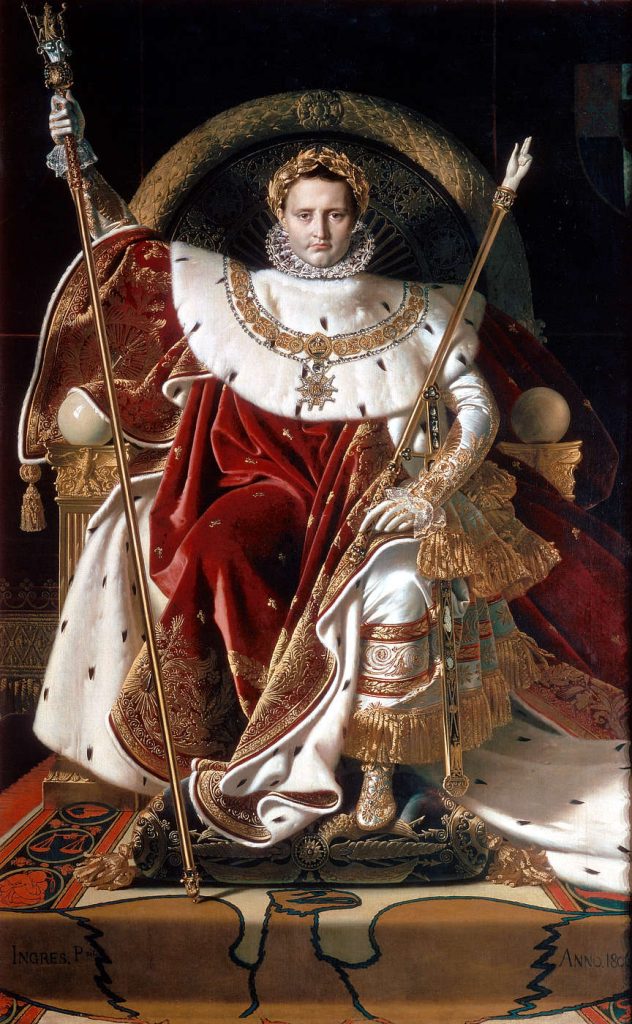
If you get the Emperor in a reading, or are frequently noticing emperor-like figures appearing in the world around you, it’s likely that you’re struggling with authority.
Emperors are constantly appearing in pop culture: he is the Boss, the General, the President and CEO, he is the King and the Tyrant. He is Barack Obama, George Bush, William Randolph Hearst, the Terminator, he is the despotic Dad, he is Batman. He loves the smell of napalm in the morning. He’s the one who makes you the offer you can’t refuse. And the reason you can’t refuse is because if you do he will kill you or make your life miserable. He can choose to be benevolent, or he can be a bloodthirsty fiend – it’s all at his pleasure. Which is great for him, but not so great for anybody who is subject to his whim.
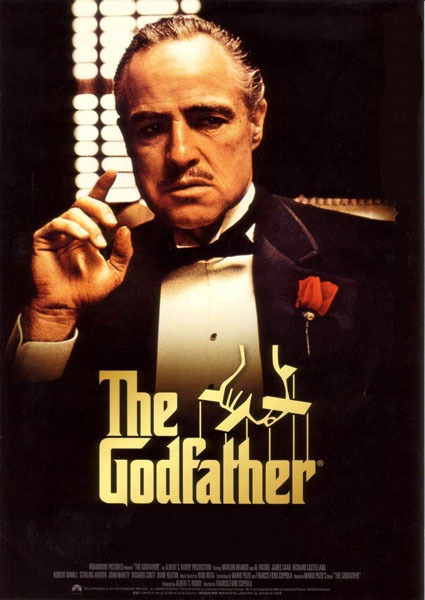
Living in Los Angeles, it’s easy to see just how obsessed with authority our culture is. It seems like a guy with a gun, adored by a beautiful woman, or literally showered in dollar bills (I’m not kidding) is on the surface of every other billboard in our fair city. Guns are shorthand for authority in American. We love shows about men in power. It seems like every other show on television is a cop show. And we love movies about soldiers and war, because they offer our heroes defining moments where they can really demonstrate their bravery, integrity, and ability to shine while kicking some Iraqi (or Russian, or terrorist, or general bad guy) butt. But these stories are not just endemic to our culture, stories of conquering heroes make up a huge chunk of literary history. Think The Iliad, Richard the III, War and Peace.
Our obsession with authority probably has to do with the fact that we have to face it on a daily basis. Even if we don’t like or respect our bosses, we have to do what they tell us, or face the consequences. We constantly have to deal with “the Empire.” The banks, the debt collectors, the university administration, the law; we are compelled to abide by the Emperor’s rules, or face losing our house, getting thrown in jail, sent to war, fined, ticketed, fired, taxed, etc. When we confront the Emperor it feels like we don’t have any choice but to do as he commands.
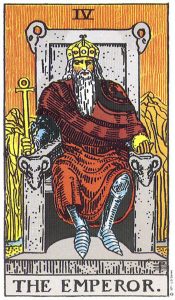
But are we really so powerless? In the tarot, the Emperor card is number 4 of the major arcana. Fours are symbolically represented by the square, four corners, four sides. The square is flat and stable, in the occult, fours represents material reality, civilization, order. That stability is one of the main things for which people will trade their freedom. Dictators usually arise during periods of strife, chaos and social unrest. Anxiety creates a comfy space for despot to slip in, offering order, stability, and certitude. Historically, emperors have consolidated land, imposed order and systems of law, built roads, unified governments. All of that creates a stable system, but it comes at a great cost – rape, plunder, pillage. Oppression for everyone who isn’t in the inner circle. But what’s most important to consider here is that emperors, for all the power they wield, don’t do anything alone.
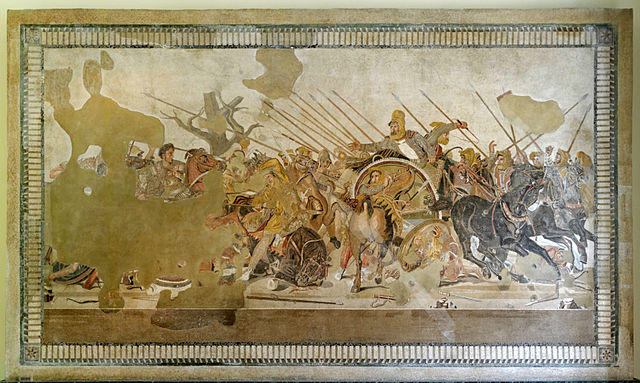
Alexander the Great didn’t conquer the world alone, no matter how valiant a soldier he was. If he had been by himself he would have been slain at the first village he came to. Emperors get their power by convincing others to follow them. Even the emperors that rule our lives today only get their power through the collaboration and consent of their society. Money is the perfect example, as money is probably the most powerful emperor of our time, and even though a lot of people resent it, it only exists because we all agree to believe it exists.
Varys, the eunuch in Game of Thrones, illustrates just how vulnerable power is to popular opinion when he asks Tyrion his riddle: Who has more power? The rich, the aristocracy, the priests, or the sell swords? (Read an interesting analysis of the riddle here). Essentially, his answer is that the power resides wherever “we the people” BELIEVE it resides. The entire GOT series is an investigation into the theme of power, how it passes from hand to hand – how no one really owns it, and no one can keep it forever. (See also Foucault – but that’s a whole ‘nuther blog post, TBD).
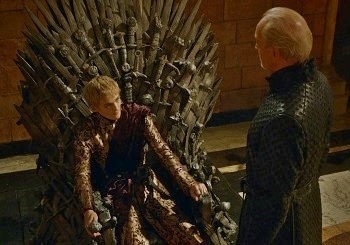
So often we agree to capitulate to the demands of power out of the desire for security. We don’t tell off our boss, even if she deserves it, because we don’t want to lose our job. We stay in a relationship with a tyrant because we don’t want to face an uncertain future. In tarot, the phrase associated with the Emperor is “I Realize.” When the Emperor comes up in a reading, you are being called realize your own power, to become the authority in your own life. To realize that no one really has power over you, that you have free will and you make your own decisions. (For further reading see Sartre, again a good subject for future blog posts, even though he definitely would have argued against tarot. We’ll see about that, Sartypoo! Stay tuned.)
The problem is that, often, if we do recognize our own power and stand up to the authorities that are keeping us oppressed, we face dire consequences. For example, if you’re drafted into a war you don’t believe in, simply realizing your own power will not protect you from being put in jail if you desert. That’s where community comes in. Not only does getting the Emperor in a reading call you to recognize your power and authority in your life, it requires that you also encourage that same realization in others. Only when the multitudes refuse to listen to despots and tyrants will systematic oppression cease to exist. If you have a job you hate, your community can help to provide you with a new one (it’s called networking, people!). Seriously though, by cultivating your own community of individuated souls, you can create network that will support you as take agency in your own life. Community and agency pave the road towards freedom. It’s obvious. Hierarchical power structures impose order from the top down, and as you get further from the top your misery increases. Furthermore, if you are lucky or ruthless enough to be at the top of the pyramid, you will constantly have to fend off people who want to steal your throne. The happiest way to attain power then, is to find it within yourself, and then cultivate that self-realization in others. If everyone has power then our social ecosystem remains in balance, oppression evaporates. But the first step is to realize that true power comes from within (see below).
So now it’s your turn: Who, or what, is oppressing you? Who are you giving your power to that doesn’t actually deserve it? What are you trading your freedom for? What do you need to do to realize your own power? Who are the people you want to work with? How can you overthrow your Emperor?
Emperor Keywords:
Authority, stability, rebellion, freedom, oppression, expansion, stability, conqueror, security, civilization, law, order, master, mastery, balance, stasis, dominion.
Emperor Correspondences:
The Ram, Aries, color red, number 4, a square, the material realm.
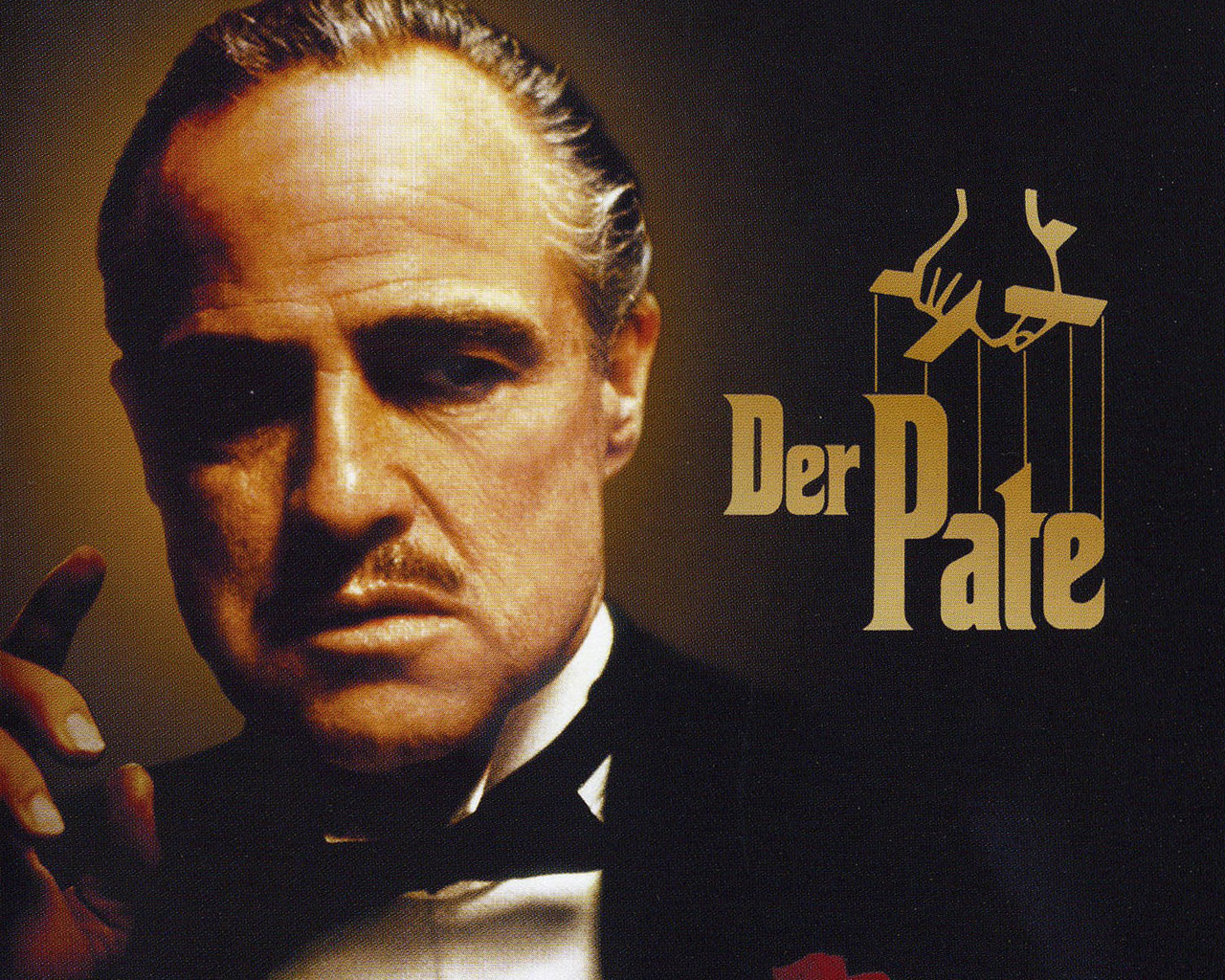
3 thoughts on “Kill The Emperor: Overthrow the Authority Who is Making You a Slave, part 1”
four also represents salt. or the other way around
Bloodywig, yes, exactly! Great observation. Salt, earth, stability – these are the correspondences of four. Looking through an alchemical lens, salt represents the physical foundation. Salt, earth, material = the thing that holds everything together. Without this ordering force nothing would exist. But if that is so, then how do we overcome the extreme aspect of 4, which is oppression and tyranny? I feel a salt and sulfur blog post coming on. Thanks for the inspiration!
adorable
Comments are closed.